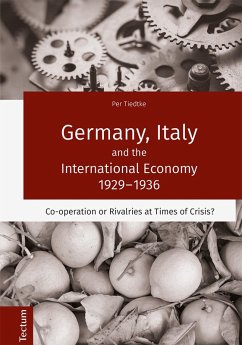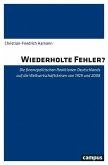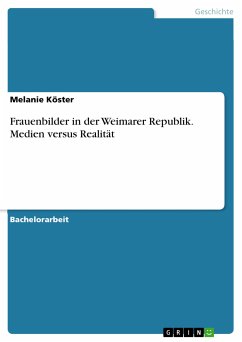When in 1929 the world economy went into crisis, a new approach to international trade and finance appeared on the scene. Characterised by bilateralism, protectionism and autarchy, this approach, whose main proponents were Nazi Germany and Fascist Italy, challenged the idea of liberal free trade. Per Tiedtke offers a systematic analysis of the role of economic factors in the German-Italian rapprochement under the banner of the fascism as well as its patterns of collaboration and rivalries. Tiedtke's work will help to describe and explain the economic foundations of the "Rome-Berlin Axis", which plunged Europe and the world into the disaster of World War II.
Dieser Download kann aus rechtlichen Gründen nur mit Rechnungsadresse in A, B, BG, CY, CZ, D, DK, EW, E, FIN, F, GR, HR, H, IRL, I, LT, L, LR, M, NL, PL, P, R, S, SLO, SK ausgeliefert werden.





